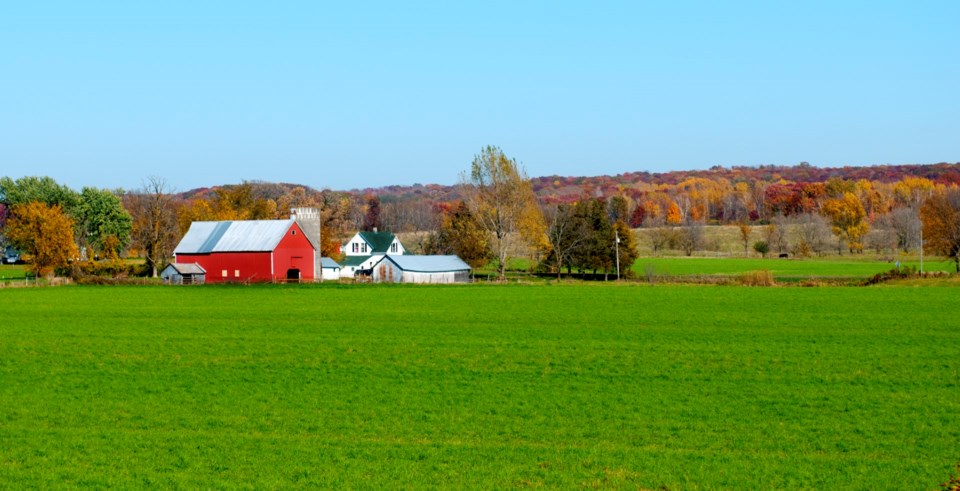The existence of groups actively trying to eliminate meat consumption is no secret.
They may hide behind issues such as water preservation, climate change, public health or animal welfare, but make no mistake — the end goal for these groups is a world in which we are all vegans.
It’s tempting to dismiss these organizations and their members as extremists on society’s fringe — and to some extent that is true.
Sometimes they can do real harm, such as and occupied one of its barns.
However, the more pressing danger is that if left unchecked, their insidious messaging will transform from a cloud of consumer suspicion into outright hostility.
None of this is new, and we’ve previously editorialized in this space about the need for vigilance when dealing with these kinds of threats.
However, sometimes we hear about something that is so egregious it requires a response.
A recent example is a report from the Animal Agriculture Alliance that summarized the results of four animal rights groups’ conferences held in the United States last year.
The report uncovered lots of plans for destroying the livestock industry, such as becoming more engaged in the legislative process and pressuring the food sector not to buy animal products.
One of the scariest observations is the push for the legal right to conduct “open rescues,” which means allowing activists to enter farms and processing plants without permission so that they can take away livestock and poultry.
This is the kind of thing the animal agriculture sector is up against.
But what can be done about it?
The place to start, obviously, is to better protect our farms.
A good step in that direction was taken last year in the House of Commons when MPs passed a private member’s bill that would amend the .
The bill is now in the Senate, and we hope for its speedy approval.
However, the real work must be done in countering the idea that animal agriculture is cruel and bad for the environment and public health.
When doing this, it’s important to distinguish between people who want to make us vegans, and meat eaters who have concerns with how the industry does things or treats the environment.
One group is an enemy: there is nothing the meat industry can do to appease it.
But the other group is made up of customers. Their concerns may be ill-informed, and the industry may disagree, but the members of this group are reachable. The industry can’t afford to write them off or make them into enemies.
There are good examples of industry messaging that reaches out to consumers with the positive contributions of livestock, such as nutrient recycling and sustainability.
The one thing producers should not do is ignore the threat and hope it goes away — that will only let extremists write the narrative. It’s important for producers to tell their own stories.
In the end, the best defence against these attacks is for livestock producers to keep doing the right thing.
They already do an admirable job caring for their animals, but it’s important not to take our eyes off the ball.
All it takes is one appalling video of abuse to undo years of good work.
Karen Briere, Bruce Dyck, Barb Glen, Michael Robin, Robin Booker and Laura Rance collaborate in the writing of Western Producer editorials.




